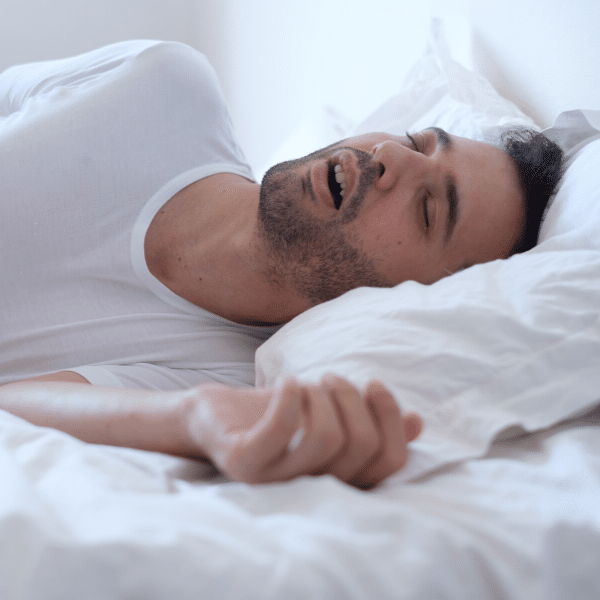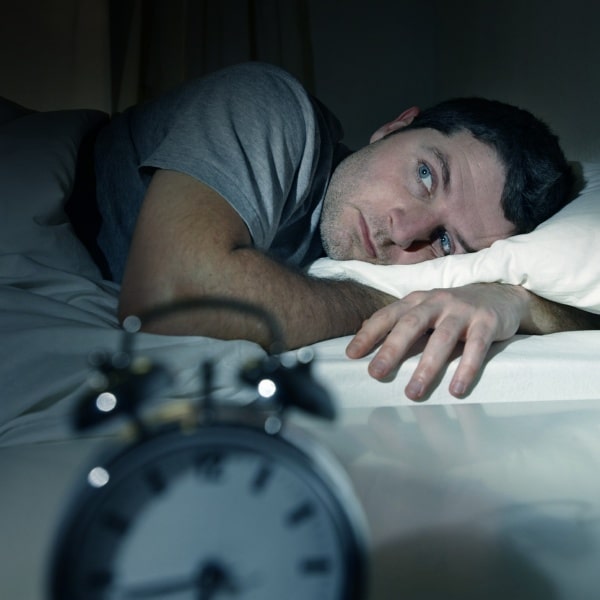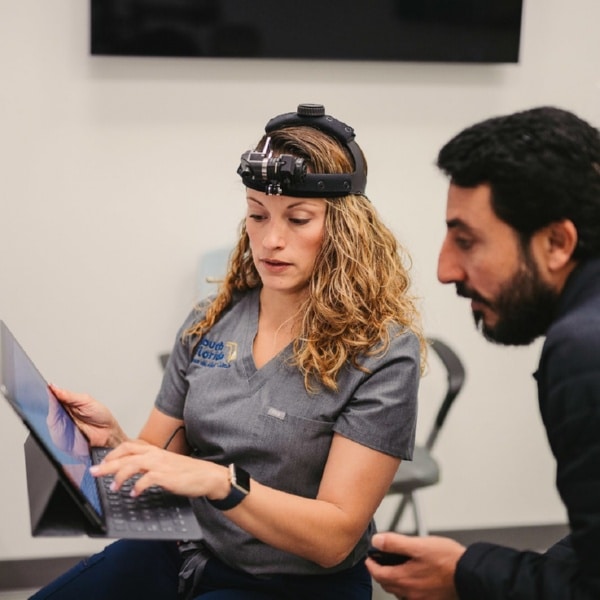Sleep apnea is on the rise. This upsurge is due in part to the fact that sleep apnea can be the result of a wide array of different causes. This post will look at all factors contributing to the rise of sleep apnea and detail the different types of sleep apnea that affect individuals.
Types of Sleep Apnea & Symptoms
The “apnea” in sleep apnea refers to a breathing pause during sleep that lasts at least 10 seconds. Obstructive sleep apnea occurs when the muscles in the back of the throat fail to keep the airway open, despite efforts to breathe. While the most recognizable symptom of sleep apnea is excessive and chronic snoring, those who suffer from it may experience a range of other ailments, such as difficulty concentrating, depression, irritability, sexual dysfunction, learning difficulties, memory lapses, and falling asleep while at work, on the phone, or driving. Without treatment, people can eventually become more susceptible to high blood pressure, heart attacks, congestive heart failure, cardiac issues, stroke, and depression.
Medically, there are three main categories of sleep apnea:
Obstructive sleep apnea – The most common form that occurs when throat muscles relax
- Central sleep apnea – Occurs when your brain doesn’t send proper signals to the muscles that control breathing.
- Complex sleep apnea syndrome – Also known as treatment-emergent central sleep apnea, it occurs when someone has both obstructive sleep apnea and central sleep apnea
Who Has It & Why?
With an estimated 22 million Americans currently suffering from a moderate-to-severe version of it, obstructive sleep apnea is one of the most chronic and prevalent sleep disorder diagnoses in the modern world. The people it affects and the causes behind it vary. Some common sleep apnea causes and risk factors include:
- Obesity – Obesity dramatically increases the risk of sleep apnea. Fat deposits around your upper airway can obstruct your breathing.
- Narrow Airways – You might have inherited a narrow throat. Tonsils or adenoids can also enlarge and block the airway, particularly in children.
- Being Male – Men are two to three times more likely to have sleep apnea than women. However, women increase their risk if they’re overweight, and their risk also appears to rise after menopause.
- Old Age – Sleep apnea occurs significantly more often in older adults.
- Familial History – Having family members with sleep apnea might increase your risk.
- Alcohol, Sedatives, or Tranquilizer Use – These substances relax the muscles in your throat, which worsens obstructive sleep apnea.
- Smoking – Smokers are three times more likely to have obstructive sleep apnea than are people who don’t smoke. Smoking can increase the amount of inflammation and fluid retention in the upper airway.
- Nasal Congestion or Pressure – If you have difficulty breathing through your nose, whether from an anatomical problem or allergies, you’re more likely to develop sleep apnea.
 Treatment
Treatment
Beyond lifestyle changes, such as losing weight, avoiding alcohol, or quitting smoking, one of the most common treatments for sleep apnea is a Continuous Positive Airway Pressure machine, also known as a CPAP machine. While the device itself is known to be effective at preventing symptoms caused by apnea during sleep, it is not itself a cure, but rather a preventative measure. For those ready for more advanced options that provide long-term relief, Florida Sinus & Snoring Specialists offers state-of-the-art obstructive sleep apnea treatments, including:
Minimally Invasive Palatial Stiffening (MIPS)
Using a laser, Dr. Mandel will make a small abrasion, as well as several passes through your soft palate. The palate stiffens as it heals, preventing the palate from collapsing during sleep, eliminating the area of obstruction. This quick procedure performed under IV sedation takes only about three minutes.
Nasal Procedures
Florida Sinus & Snoring Specialists offer a range of minimally invasive nasal procedures. Examples include balloon sinuplasty, septoplasty, turbinate reduction, nasal polyp removal, and more. Each method takes roughly 15 minutes and can help ensure a lifetime of easier breathing.
 Beat Obstructive Sleep Apnea With Florida Sinus & Snoring Specialists
Beat Obstructive Sleep Apnea With Florida Sinus & Snoring Specialists
Are you dealing with obstructive sleep apnea? Are you searching for a treatment that will improve your breathing and deliver lasting relief? Florida Sinus & Snoring Specialists features an experienced and knowledgeable staff of experts that can evaluate your situation and provide an appropriate long-term treatment plan aimed at helping you breathe easier. Don’t let snoring from obstructive sleep apnea prevent your family from sleeping one more night. Call us today at 954-983-1211 or request an appointment online.
 Obstructive sleep apnea – T
Obstructive sleep apnea – T Treatment
Treatment Beat Obstructive Sleep Apnea With Florida Sinus & Snoring Specialists
Beat Obstructive Sleep Apnea With Florida Sinus & Snoring Specialists